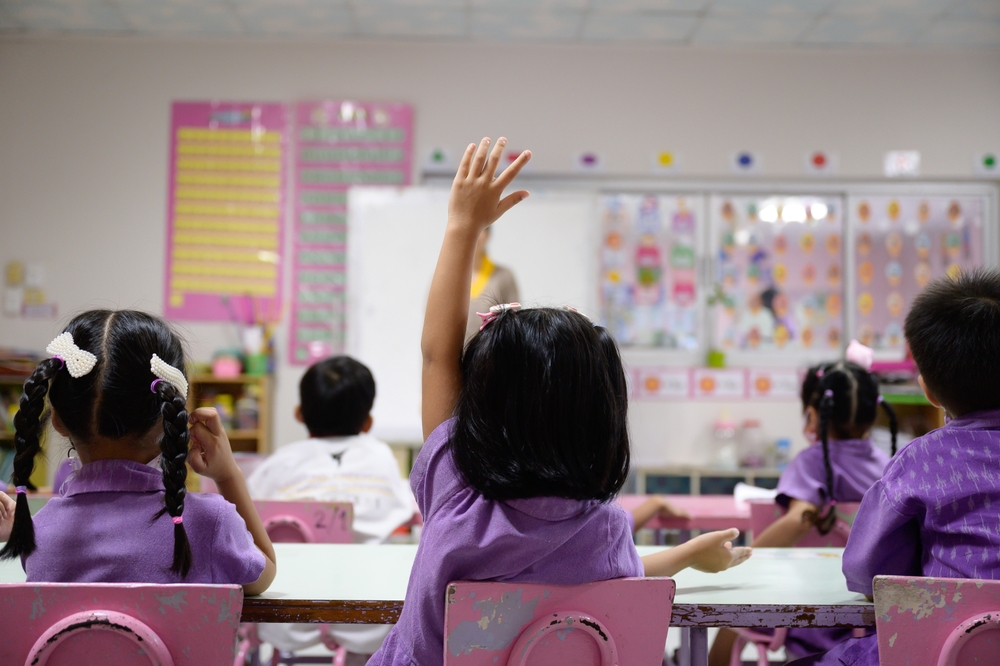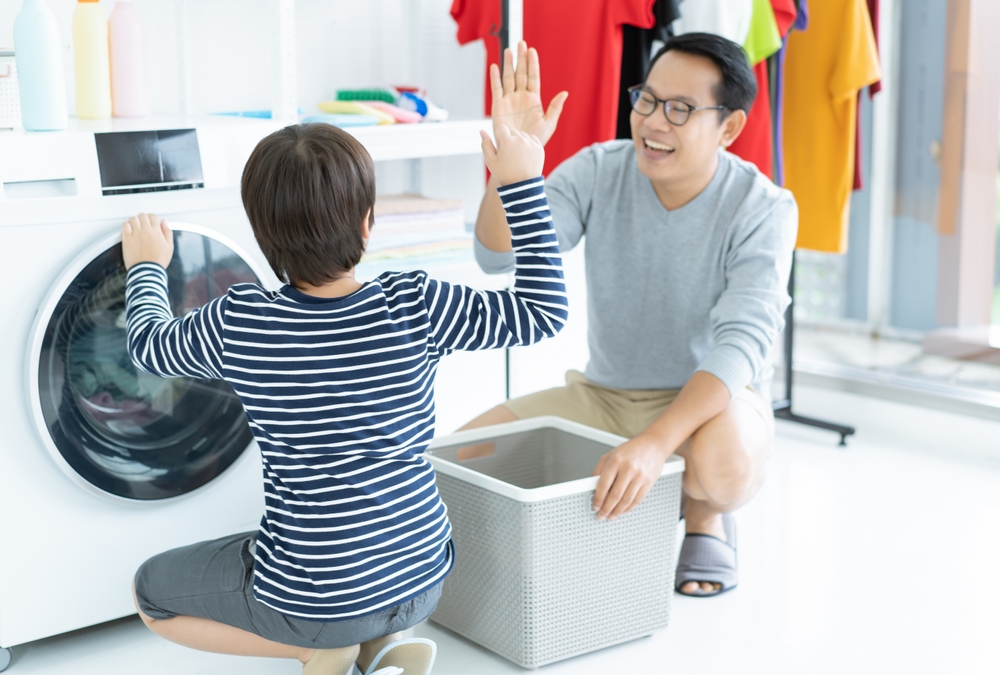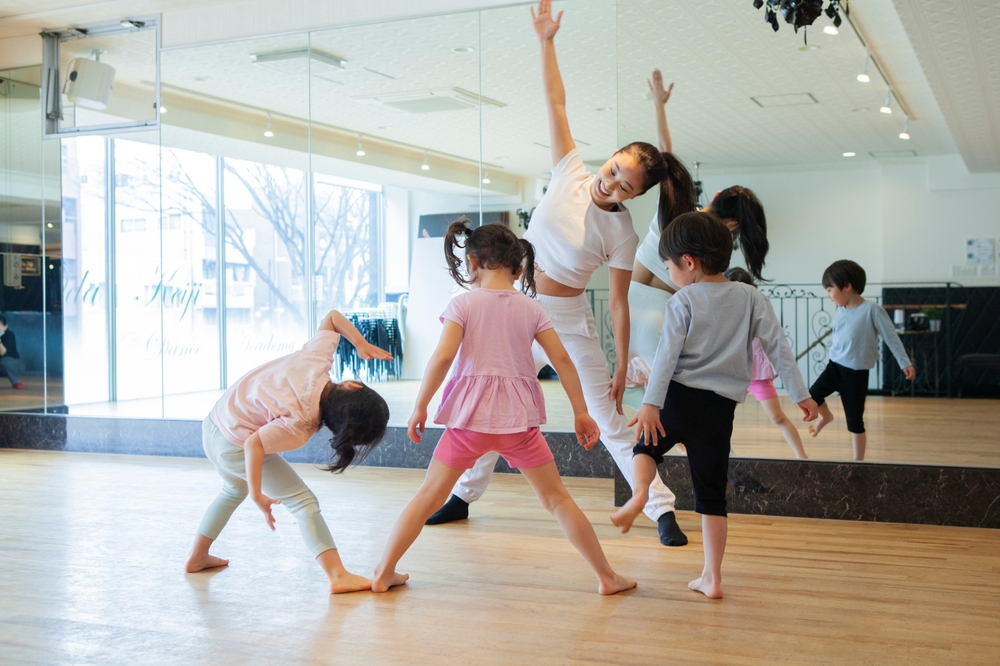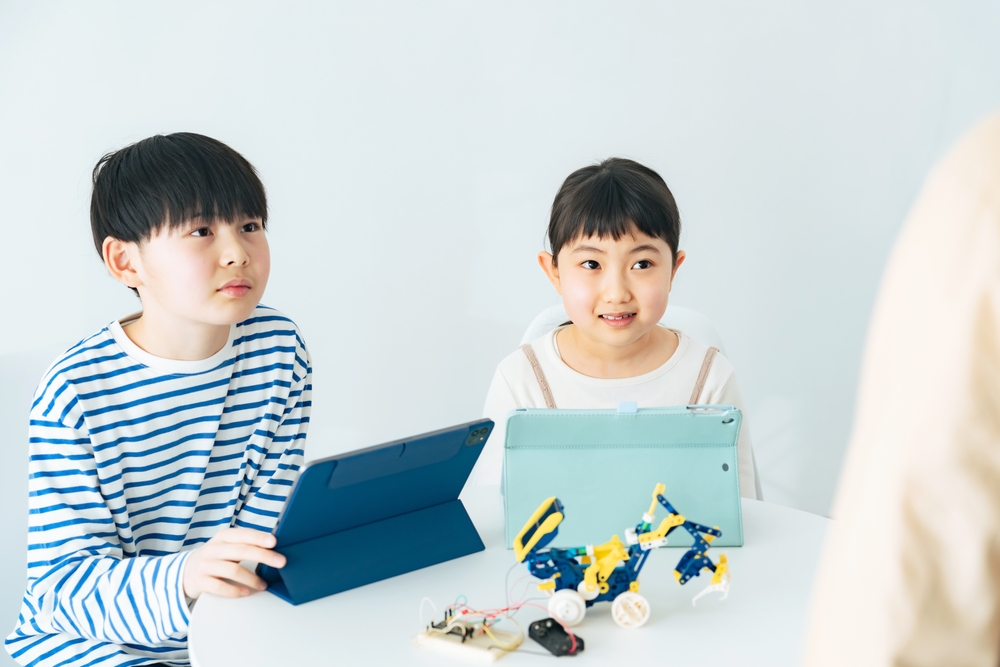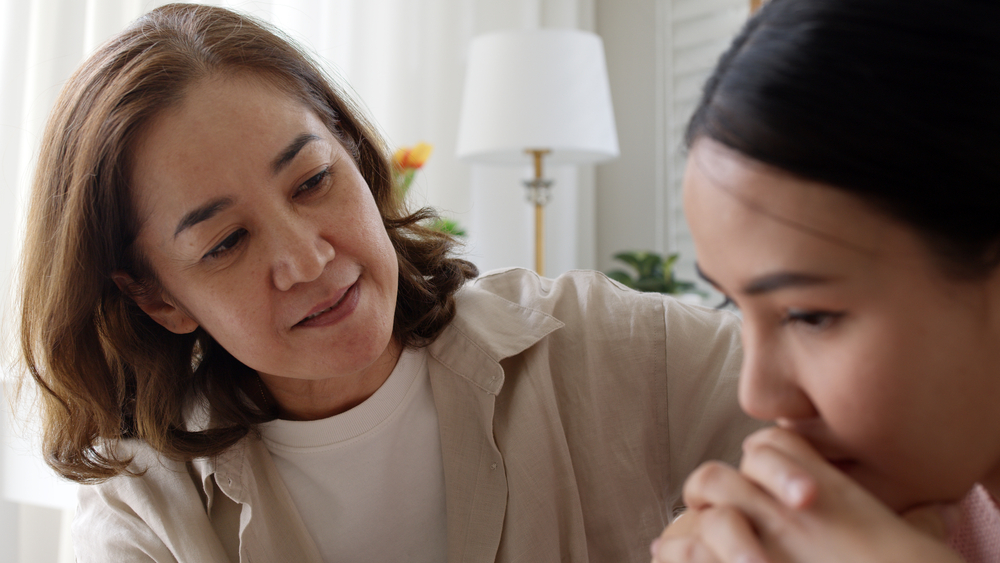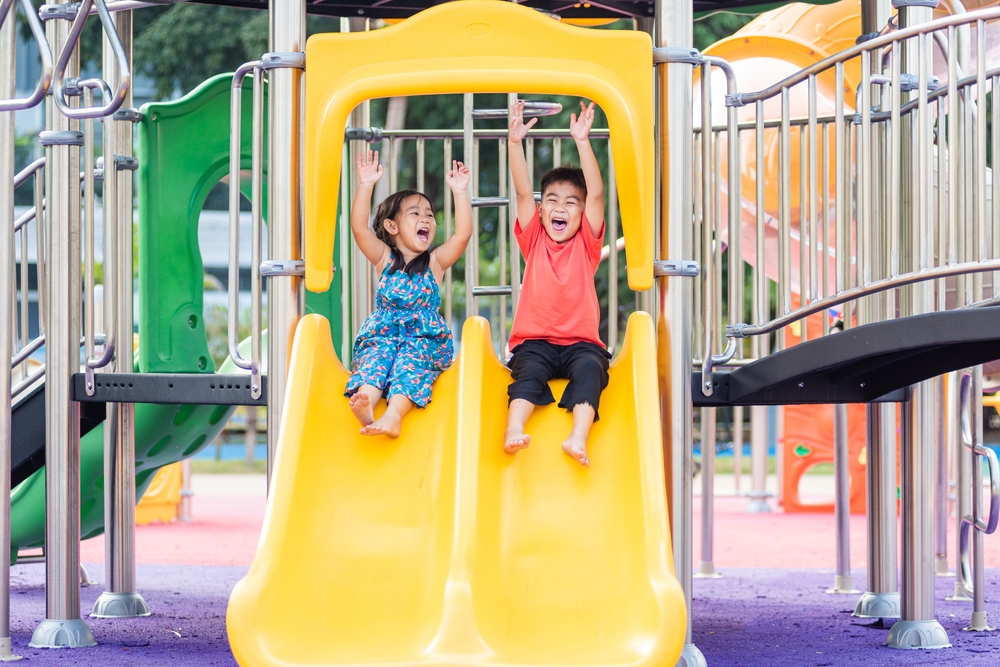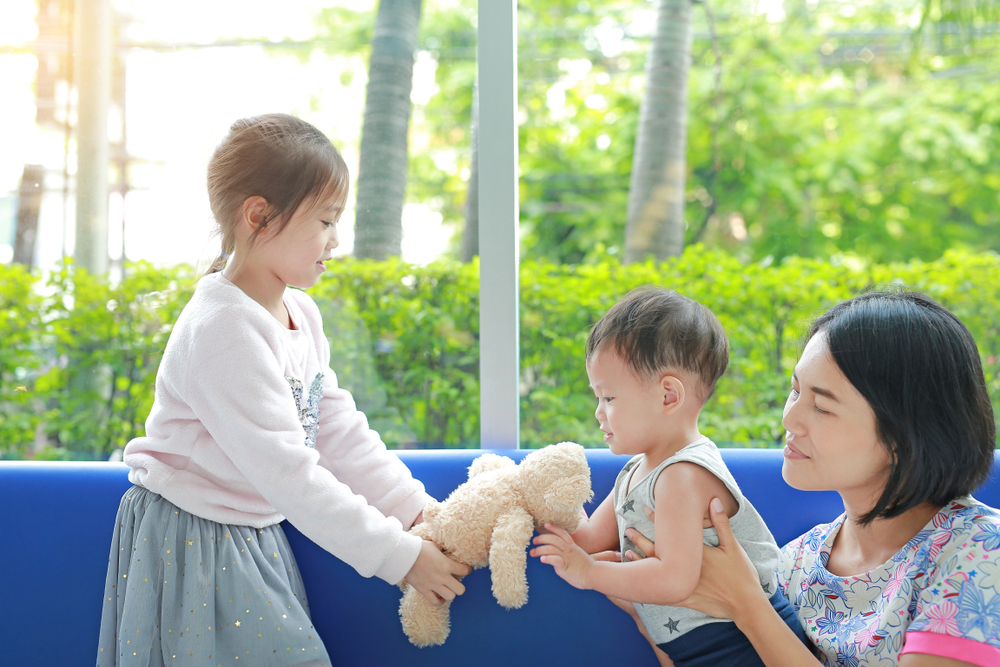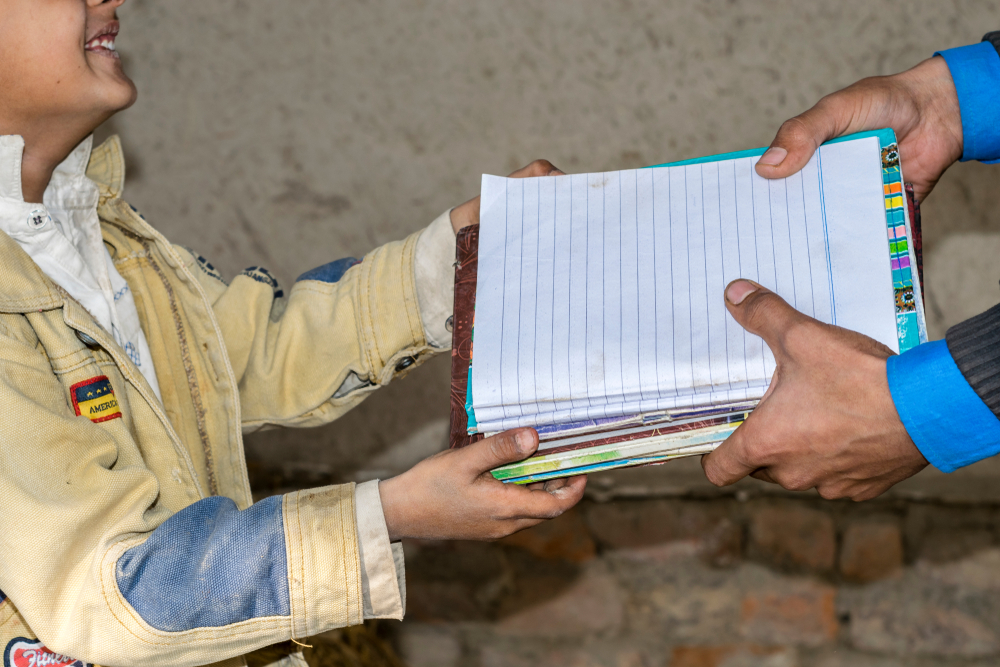
Written by: American Association for Play Therapy, Registered Play Therapist-Supervisor, Registered Social Worker Chan Tsz Wai
According to Maslow’s hierarchy of needs, a sense of security is the second basic human need, just after physiological needs. Children who lack a sense of security may exhibit many behavioral problems. Without sufficient support to confidently explore the world, and without enough confidence that someone can provide safe protection, they may send misleading signals through problematic behaviors to express their emotional needs. Often, parents think that managing behavior more strictly will solve these behavioral issues in children, but this approach can backfire, leading to even less fulfillment of the child’s emotional needs.
Years of research have found that a sense of security is based on establishing a secure attachment relationship with caregivers. Children with secure attachment relationships have a higher ability to regulate their emotions, solve problems on their own, have higher self-esteem and empathy, and possess better social skills and the ability to establish good relationships with others. However, how to establish a secure attachment relationship with children is a challenge for many parents.
Understanding the needs of children
Sometimes children need to explore the world on their own and use their abilities to solve problems, while at other times they need the help of their parents to regulate their emotions. Parents need to know when to let go and when to extend their hands to offer hugs and support, which requires careful observation of the child’s needs. Young children may wander far in the park, wanting to explore the world on their own, and older children may show displeasure when parents supervise their homework, indicating a need for parents to support their exploration. However, when a child falls and cries in pain or is troubled and in tears because they do not understand their homework, that is the time when they need their parents’ help to regulate their emotions.
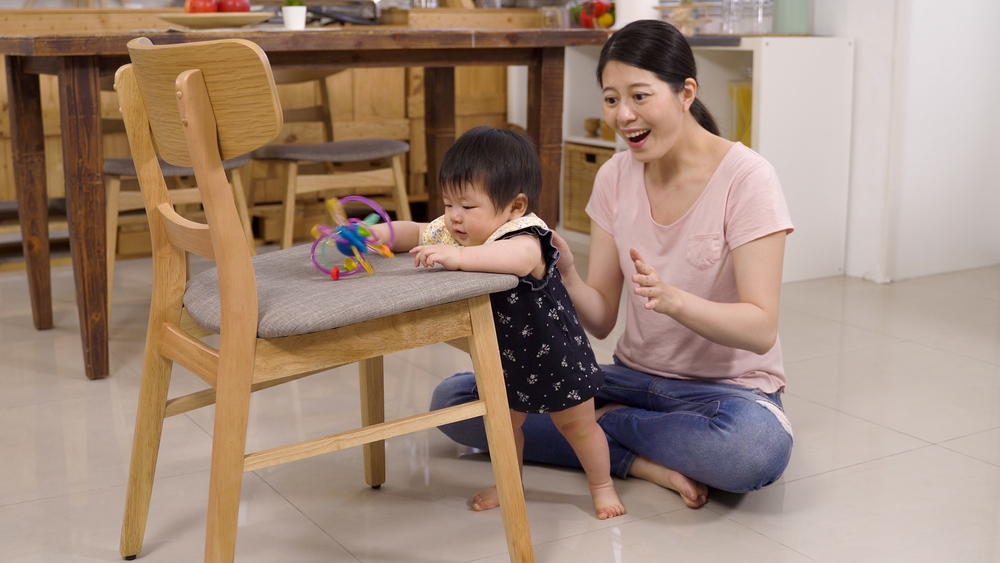
Being Present with Your Child
When children are emotional, parents often try to quickly find a way to deal with it. However, being present with the child is what they need the most and is the most effective way to help them develop the ability to regulate their emotions. When children are emotional, parents just need to accompany them, accept and empathize with their emotions, and verbalize the child’s feelings to make them feel accepted and understood by their parents. This is the foundation of a secure attachment relationship.
Being a Firm and Controlled Parent
Parents might think that understanding their child’s feelings means losing control, but on the contrary, parents actually need to control and set limits while understanding their child’s emotional state to provide them with a sense of security. For example, when it’s time to leave the park and the child throws a tantrum because they don’t want to leave, parents can understand their child’s feelings but must also firmly insist on leaving. Or if a child often procrastinates on homework because they find it difficult, parents can understand the child’s difficulty but must also enforce the consequences of procrastination. Therefore, gentle yet firm parents can make their children feel secure.
Understanding How Your Own Upbringing Affects Your Parenting
We learn how to be parents from our own parents, and we also carry the baggage of our childhood. When we encounter difficulties in interacting with our children, it is often related to our own upbringing. Some parents, whose own parents were too busy with work to spend time with them, may give more time to their children when they become parents. However, when they invest time but still face emotional challenges from their children, and they themselves lack the experience of having their emotions satisfied and understood, they may struggle to meet their children’s needs due to their own unresolved emotions. Therefore, parents should first understand how their own upbringing affects them, and then they can adjust themselves when interacting with their children, carefully observing and responding to their children’s needs.




